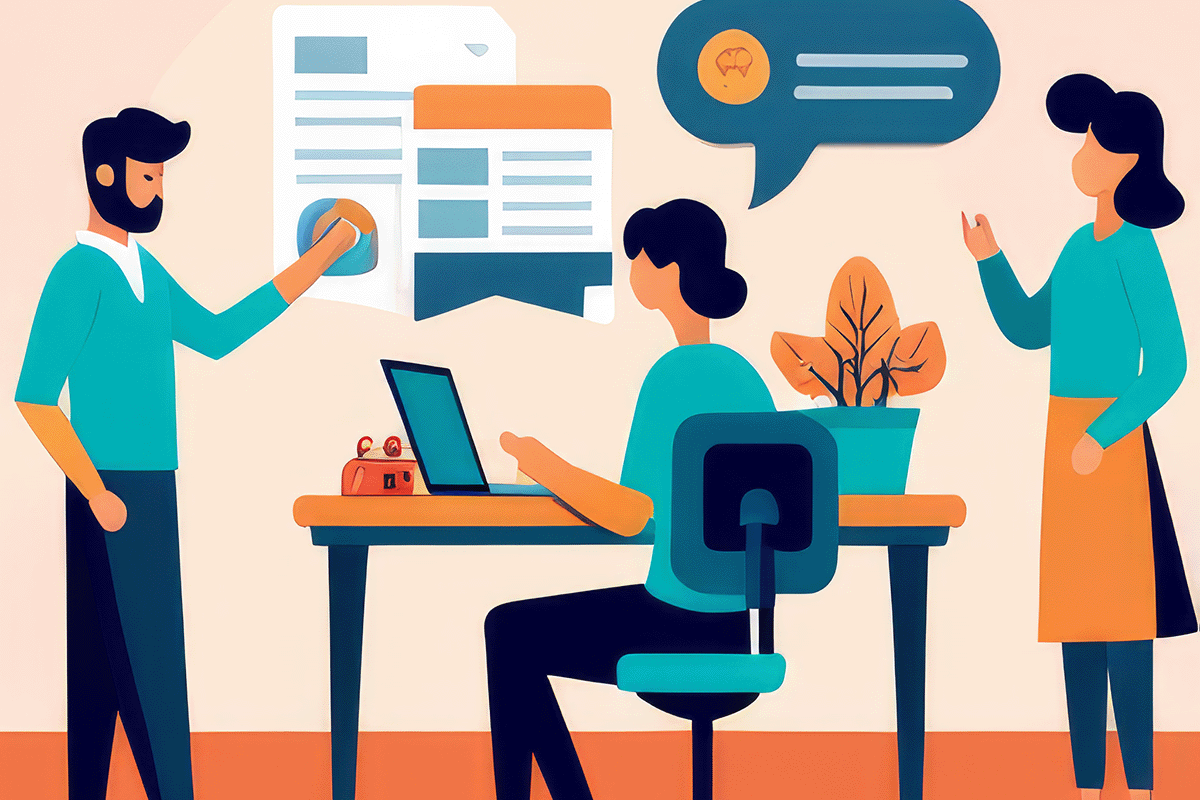Revolutionizing Mental Health Care Through AI: The Potential of ChatGPT
- 4 minutes read - 746 words
Table of Contents
Issues related to mental health have become more and more prevalent. It has become essential to ensure that individuals have access to personalized mental health services.
One promising solution to bridge the gap between mental health care and the people who need it is the use of AI-powered applications like ChatGPT. This article will discuss how core natural language processing (NLP) tasks can be used to provide personalized mental health and the role of ChatGPT in this process.
Usage of Core NLP Tasks for Providing Personalized Mental Health
Natural Language Processing (NLP) is a subfield of artificial intelligence that deals with the interaction between computers and human languages. Core NLP tasks involve understanding and generating human language, allowing AI-driven applications like ChatGPT to analyze and generate human-like responses. When applied to mental health services, NLP enables a more tailored, personal experience for users.
ChatGPT, an advanced language model, can be used to understand and respond to user inputs. By leveraging various NLP tasks, ChatGPT has the potential to provide a personalized mental health service to users, addressing their specific needs and concerns.
NLP Tasks Used for Providing Personalized Mental Health
There are several NLP tasks that can be used to provide personalized mental health services, including:
- Sentiment analysis: This involves determining the emotional tone of a piece of text. ChatGPT can use sentiment analysis to recognize and understand the emotions expressed by users, enabling it to provide appropriate emotional support.
- Named entity recognition: ChatGPT can identify and classify specific entities mentioned in a user’s text, such as names, organizations, or locations. This can be helpful in understanding the user’s context and offering relevant advice.
- Topic modeling: This task involves identifying the main topics in a piece of text. By understanding the topics discussed by users, ChatGPT can focus on addressing those specific concerns.
- Intent classification: ChatGPT can determine the main intent behind a user’s text, allowing it to provide more relevant and supportive responses.
Limitations of Providing Personalized Mental Health with ChatGPT and how to Solve Them
Despite the potential benefits of using ChatGPT for personalized mental health services, there are some limitations to consider:
Lack of empathy: AI-driven text models like ChatGPT may not fully understand human emotions and thus could provide responses that come across as insensitive or inappropriate. To overcome this limitation, a hybrid model with human therapists could provide the necessary empathic touch.
Quality of training data: The accuracy and effectiveness of ChatGPT depend on the quality of its training data. Ensuring a diverse and representative dataset can improve the quality of the mental health services provided.
Ethical concerns: There are ethical concerns surrounding the use of AI in mental health care, including privacy and transparency issues. Responsible AI development should take these concerns into account and aim to address them through proper guidelines and regulations.
Personalized Mental Health and ChatGPT’s Knowledgebase
The knowledgebase in ChatGPT is crucial in enabling it to provide personalized mental health services. A robust knowledgebase is needed for ChatGPT to be effective in addressing an individual’s mental health concerns.
There are several key aspects of ChatGPT’s knowledgebase that support personalized mental health care:
- Vast amounts of relevant data and resources: ChatGPT’s knowledgebase can draw on a wealth of information related to mental health, allowing it to more accurately and effectively address an individual’s concerns.
- Continuous learning and improvement: As users interact with ChatGPT, it has the capacity to learn from these interactions and improve its responses over time. This leads to a more tailored mental health service.
- Tailored support: ChatGPT’s knowledgebase can provide personalized support for a wide range of mental health concerns, from anxiety and depression to relationship issues and self-care.
Conclusion
The potential of ChatGPT in providing personalized mental health services is significant. While there are limitations to consider, careful and responsible use of AI can offer promising solutions to mental health care access and provide the personalized attention needed in this critical field. The combination of AI and human-based support could lead to the development of more comprehensive, empathetic, and accessible mental health services. It is crucial to continue exploring and responsibly utilizing this technology to benefit individuals struggling with mental health issues.


